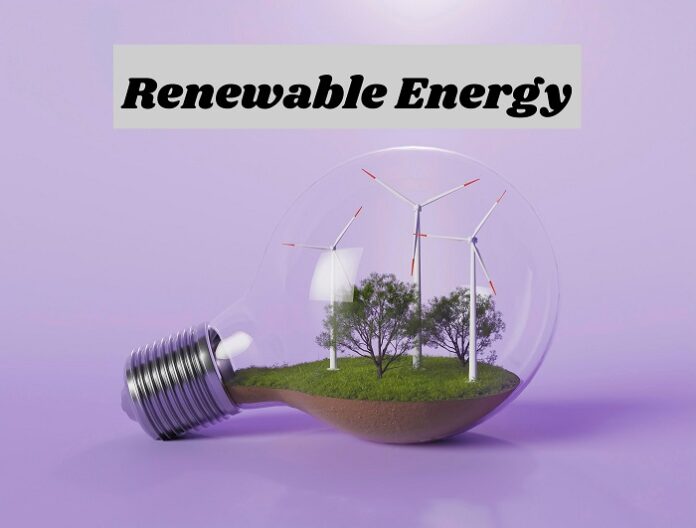Fossil fuels will remain a part of the world’s energy-generating system, but the environmental impacts have been horrifying—from emitting greenhouse gases to destroying habitats. It’s high time that renewable energy is used. Promoting the use of solar, wind, and other clean alternatives is baring the way towards a sustainable future at the same time. Moving to these sources will provide the countries with several economic benefits while at the same time putting them in a front-running role in the innovation and sustainable development tsunami that is about to happen.
The environmental impact of fossil fuels
So much damage has been caused to the environment from the time when fossil fuels became major sources of energy all over the world. Other than burning, fossil fuel extraction accounted for increased greenhouse gas emissions. Among the impacts are habitat destruction, deforestation, water and air pollution. Companies, like UK Energi in Doncaster, have a paramount duty to help their clients move towards using sustainable energy. They install solar and battery storage systems, electric car charging points, and air source heat pump systems all over the UK and Europe to make a little difference in these impacts and ensure safe living for the next generations.
The benefits of renewable energy
Renewable energy has many benefits that can make it highly attractive to all those who want a sustainable future. Among the various advantages, one is providing a solution to reducing carbon emissions, which will help fight against climate change and, hence, better air quality. In addition, renewable sources such as solar and wind are plentiful and not likely to run out; hence, one can tap an inexhaustible energy supply. Embracing renewable energy is not only environmental conservation but also pushing toward energy independence, whereby it creates new employment opportunities courtesy of the green economy.
The economics of transitioning to renewable energy
The transition into renewable energy emerges as the most promising economic opportunity for countries across the globe. Though it can be capital-intensive at the outset, cost savings and economic rewards for spending are great in the long run. Renewable energy technology is much more competitive at equal terms with traditional fossil fuels. Further, such a shift into renewables shall bring more innovation and job opportunities, doubling the economic development in manufacturing, construction, and research towards positioning the country at the top in sustainable development.
The future of energy: Embracing renewable sources
The turn of renewable energy sources is pivotal for a sustainable energy future. Transitioning to renewables at this time when the world grapples with issues of climate change and environmental degradation is, in fact, a harbinger of good times. With solar, wind, and hydro giants—power substantially usable as a substitute for clean power—we want to have a cleaner and greener tomorrow. This would mean that, in turn, less carbon footprint promises a more resilient and safe energy landscape for generations to come.
It has to be said that the transition to renewable energy sources is not only recommendable but a very imperative change, representing mankind’s hope in its fight against climate change and securing a more or less sustainable future. Together with other clean technologies, solar and wind have the potential to reduce our carbon footprint and, at the same time, enhance economic growth, induce innovation, and create jobs. But this is a crucial opportunity for transition, more than a need—something that would eventually secure a cleaner, greener, and more resilient energy landscape for future generations.





